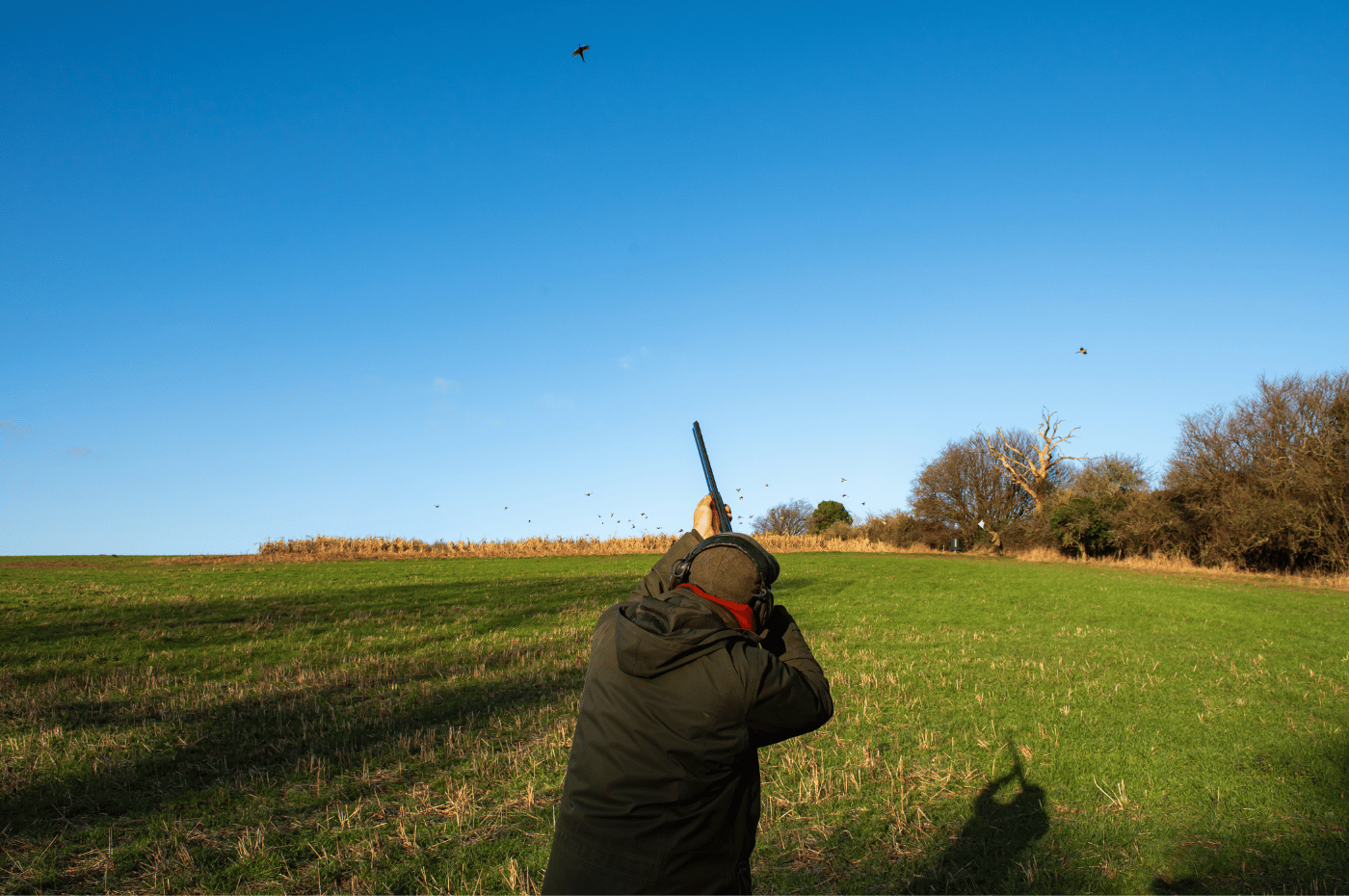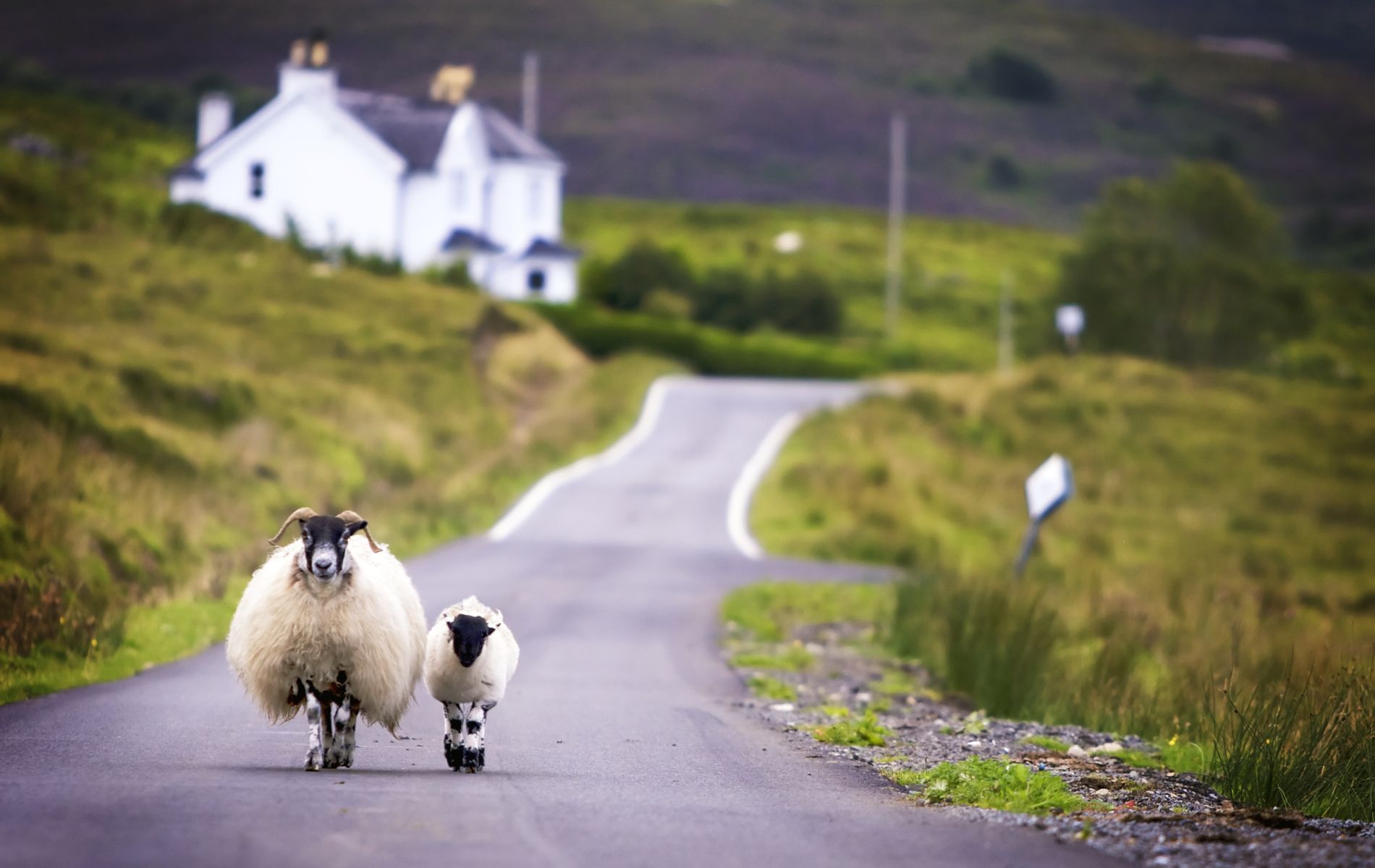Labour is coming for your shotguns!
At the time of writing, we await a UK government consultation on the...
View Details
A recent report released by the Scottish Animal Welfare Committee (SAWC) has suggested that fish should be given the same welfare considerations as other sentient animals. The report states that the public do not see fish as creatures with feelings - “Humans may have different affective responses to fish, for example, they may be seen as less ‘cute’ than some other species or because of particular human affective responses to species such as sharks”.
The SCA welcomes high levels of welfare in hunting, shooting and fishing activities, and has long advocated for self-regulation and improvement, but a heavy-handed approach by the Scottish Government is not the way forward. We have already seen licensing schemes introduced for hunting with dogs, which are not fit for purpose, and it would be catastrophic to see angling and fishing going the same way.
The sea fishing industry employs around 4,000 people and brings in £335m into the Scottish economy, more than half of which came from the UK's largest fishing port at Peterhead. Additionally, the fish farming and aquaculture industries account for about 2,200 jobs and brought in £337m to the Scottish economy in 2022 (Fishing - Scotland's Marine Economic Statistics 2022 - gov.scot).
These figures highlight the significant contribution of the commercial fishing and aquaculture sector to the Scottish economy. However, with the latest announcement regarding the EU-UK fishing agreement (it is worth noting that the UK Government did not discuss this deal with the Scottish Government prior to the agreement being made), this contribution may be substantially affected, not to mention the mental impact it will have on the 6,200 workers. Restrictive legislation will only serve to curtail the industry and cause irreparable harm to the rural highland and island communities that depend on fishing as their main source of income.
Not only are commercial fishing fleets having to contend with revised fishing rights imposed by the UK government, SAWC have suggested that all catches should be individually counted! A preposterous idea, which does not take into account by-catch rules imposed by Marine Scotland or the additional expense from new machinery onboard vessels to count the fish being landed.
In 2004, game and coarse anglers contributed £113 million to the Scottish economy. Atlantic salmon anglers were the greatest contributors (65%) and a further 30% was contributed by brown and rainbow trout anglers. Coarse anglers contributed 5% of the total revenue (Freshwater fisheries | NatureScot).
Whilst these figures are outdated, it does show that game and course angling still provide many benefits to the Scottish economy. In addition, we cannot disregard the positive impact fishing has on the mental health of anglers, with the impact during the Covid pandemic proving to be significant. Angling was permitted at this time as it was recognised as a real health benefit. It is well known that fishing is a healthy outdoor activity, improving mental well-being, increased social interaction and allows us to be at one with nature in the great Scottish outdoors.
Rural areas depend largely on fishing and agriculture. In South-West Scotland, The Mull of Galloway Sea Angling Festival has become one of the biggest events in the UK’s angling calendar. It brings in vital revenue for the local (and extremely rural) economy and has put a long-forgotten corner of Scotland on the map.
Game and course anglers are very aware of handling procedures for fish to reduce stress and injury, including handling only when necessary, with wet hands, bringing the fish to the net quickly and leaving fish in the net where possible. Keeping the fish submerged in the water, extracting the hook quickly and releasing it back into the water by allowing the current to flow over the gills is common knowledge and well-practiced. Equipment, such as landing nets, are much improved, with rubber coatings to minimise damage. Barbless hooks are used more frequently, and more sophisticated hook disgorgers are in most anglers’ tackle boxes. The majority of recreational anglers do not want to jeopardise the welfare of any fish being returned or their beloved pastime by intentionally harming any fish they have caught.
While we agree that fish are sentient creatures, attempting to impose restrictions on an already heavily impacted industry is not the way forward. With the 2026 elections looming, the Scottish Government would be wise to think long and hard before imposing further legislation on the fishing industry and throwing yet another rural sector under the bus. This is something we will be keeping a very close eye on.

At the time of writing, we await a UK government consultation on the...
View Details
The Scottish Parliamentary elections on 7 May are fast approaching, and the...
View Details
The Rural Affairs and Islands (RAI) Committee met on 5 November to hear...
View Details